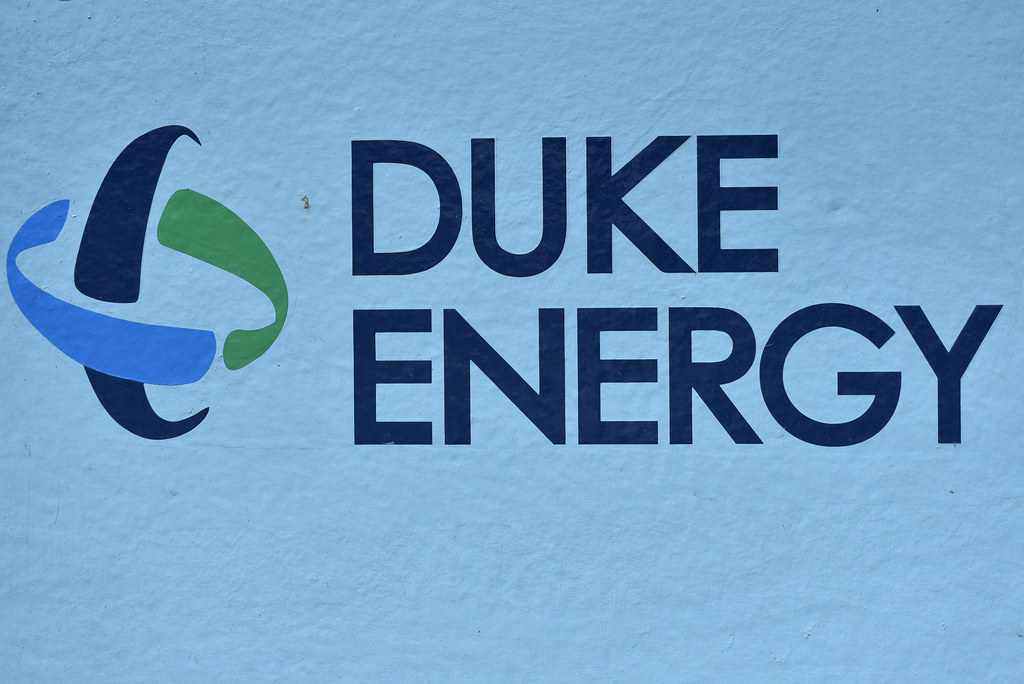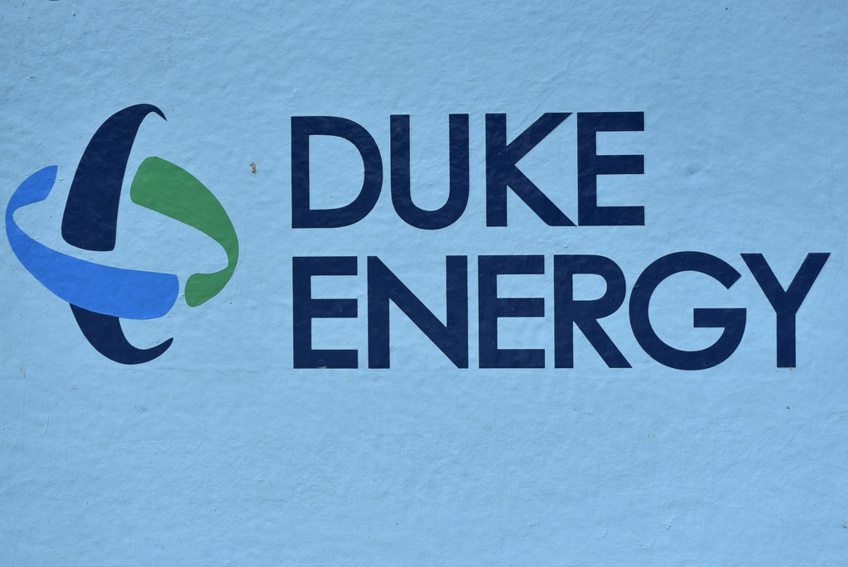Delnor-Wiggins Pass State Park, renowned for its pristine beaches in Naples, is undergoing a necessary mangrove restoration to repair sections of its shoreline impacted by Hurricane Ian. A collaborative effort involving over 25 volunteers from Duke Energy Florida, Coastal Conservation Association (CCA) Florida, and assistance from Lee County Electric Cooperative (LCEC) has taken the lead in this restoration initiative. Together, they have planted 500 red and black mangroves across a 4,400-square-foot area within the park.
These mangroves, cultivated and generously donated by the Duke Energy Crystal River Mariculture Center, a fish hatchery committed to environmental conservation, and CCA Florida, were essential for the restoration project. Sunshine Ace Hardware, a local store, also contributed by providing shovels to support the planting efforts.
The significance of Florida's mangrove ecosystems in maintaining the health of coastal estuaries cannot be overstated. Mangroves play a crucial role in mitigating coastal erosion resulting from storm surges and enhancing water quality by absorbing excess nutrients such as nitrogen and phosphorus. Furthermore, mangrove soils and roots sequester carbon dioxide, offering a valuable habitat and refuge for a diverse array of fish and wildlife.
Despite being beyond Duke Energy Florida's service territory, this marks the company's recurrent involvement in restoration endeavors in southwest Florida. In the aftermath of Hurricane Ian, the company promptly restored power to around 1 million customers and mobilized over 500 workers and contractors from across the country to collaborate with LCEC in Cape Coral and Pine Island for power restoration efforts.
“As a company, our work doesn't end when the restoration ends,” said Melissa Seixas, Duke Energy Florida state president. “The relationships we made with LCEC and the entire community during this response were unforgettable. We are proud to be back in southwest Florida, helping to restore this important habitat with assistance from CCA Florida.”
As of May 2023, certain sections of Delnor-Wiggins State Park have reopened to the public for limited activities, although specific areas, including where the recent planting occurred, remain temporarily closed.
Over 30 years ago, the Duke Energy Crystal River Mariculture Center originated as a mandatory environmental compliance measure for nearby power plant operations. Over time, it has evolved into one of Florida's most successful fish hatcheries and a dedicated partner in conservation efforts.
When the power plants closed and the environmental compliance requirement ceased to be necessary, Eric Latimer, the Manager of the Mariculture Center at Duke Energy Florida, demonstrated innovation by collaborating with nonprofits, universities, and state agencies such as CCA Florida. This collaborative approach aimed to rebuild and sustain Florida's fish populations and habitats affected by issues like declining water quality, red tide, and hurricanes.
Brian Gorski, Executive Director of CCA Florida, expressed appreciation for Eric Latimer's team and their impactful work at the Mariculture Center, emphasizing the enduring positive effects on Florida's coastal estuaries. Gorski highlighted the crucial role healthy mangrove populations play in preserving Florida's fisheries and acknowledged Duke Energy for their steadfast commitment to marine resource conservation.
To date, the Mariculture Center, in conjunction with CCA Florida, has released nearly 5 million fish and crustaceans along Florida's coastlines and contributed approximately $200,000 worth of submerged aquatic vegetation for habitat restoration projects in lakes, springs, and shorelines across the state.
To know more about the Duke Energy Crystal River Mariculture Center, click here .


 Duke Energy's Mariculture Center: A Cornerstone in Florida Conservation Efforts and Coastal Restoration
Duke Energy's Mariculture Center: A Cornerstone in Florida Conservation Efforts and Coastal Restoration





 Companies
Companies